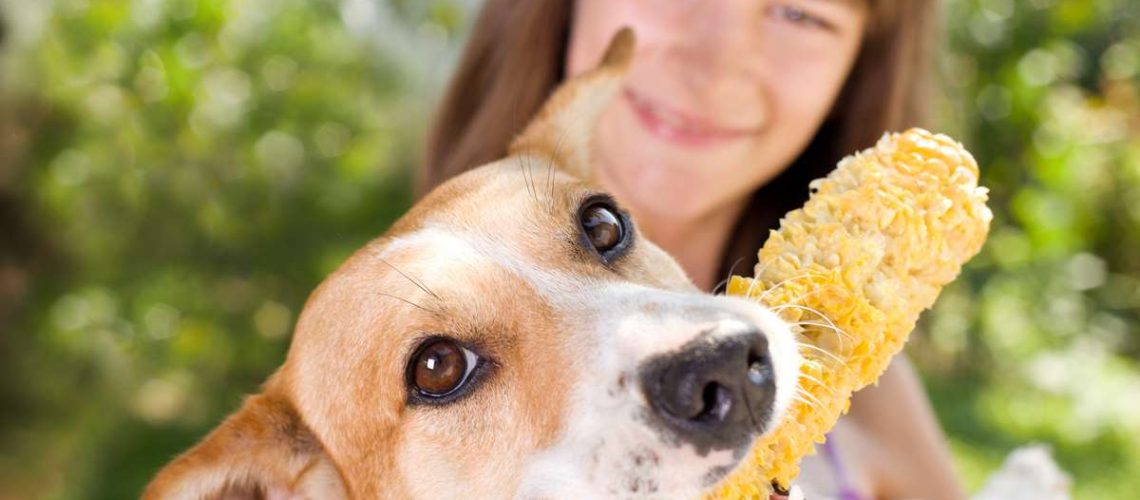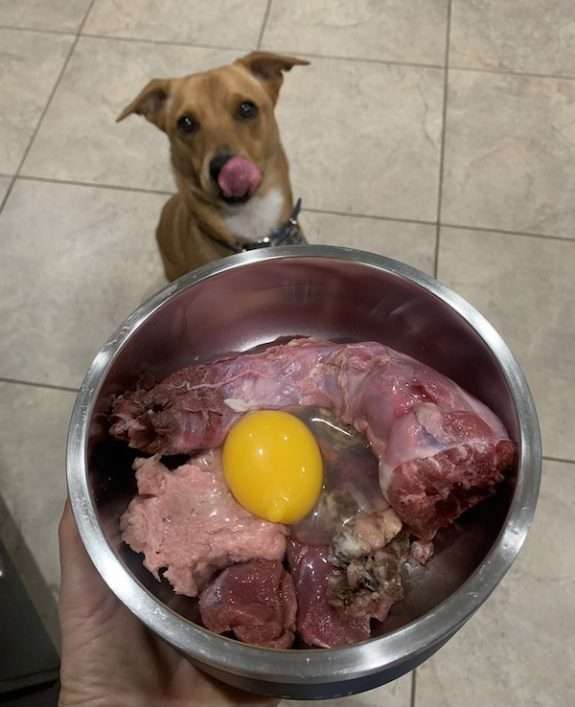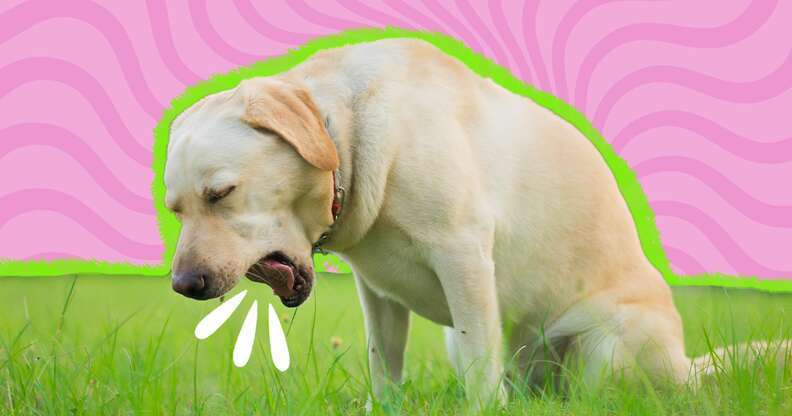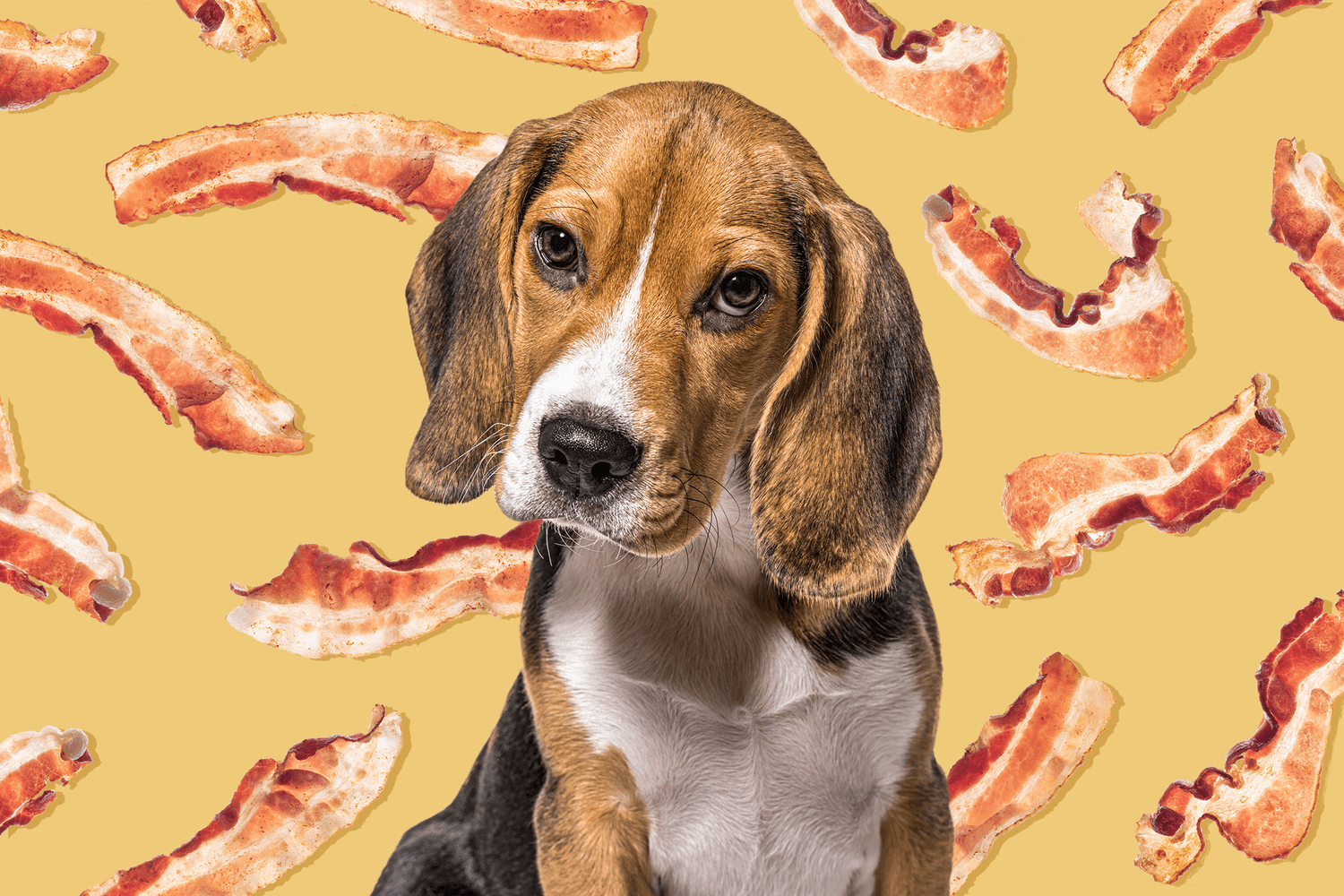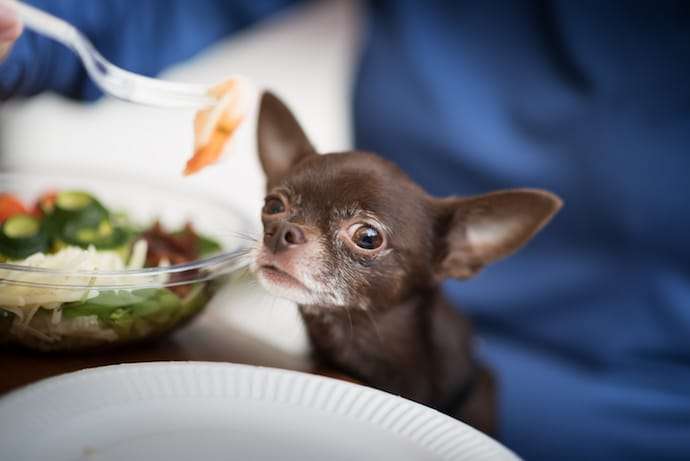Key Takeaways:
- Corn on the cob can pose a choking hazard for dogs, so it is best to avoid giving it to them.
- The hard outer shell of corn on the cob is indigestible for dogs and can cause digestive issues.
- Corn kernels are safe for dogs to eat in moderation, but they should be cooked and removed from the cob before feeding.
- Feeding dogs corn on the cob can lead to intestinal blockages, which may require surgery to remove.
- It is important to consult with a veterinarian before introducing any new food into your dog's diet, including corn.
Are you a dog owner who loves to share your favorite foods with your furry friend? If so, you've probably wondered whether dogs can enjoy corn on the cob. Well, wonder no more! In this article, we'll explore the topic of whether dogs can safely eat corn on the cob and uncover some surprising facts along the way. Understanding what foods are safe for our canine companions is essential for their health and well-being. So, let's dive in and discover if corn on the cob is a treat that our four-legged friends can savor or if it's best left off their menu. Get ready to be amazed by what you learn!
What is corn on the cob?
Corn on the cob is a popular and delicious summer treat enjoyed by many people. It is simply corn that has been harvested while still in its husk, which is the outer covering of the corn ear. The husk helps to protect the kernels from damage and keeps them fresh.
When you remove the husk, you will find rows of juicy and sweet kernels attached to a central core called the cob. The cob is made up of tough fibers that are not meant to be eaten. Instead, people usually enjoy eating the kernels by biting them off directly from the cob.
Parts of Corn on the Cob:
- Husk: The outer covering of the corn ear that protects the kernels.
- Kernels: The juicy and sweet part of corn that we eat.
- Cob: The central core of corn made up of tough fibers.
Is it safe for dogs to eat corn on the cob?
While humans can enjoy eating corn on the cob, it's important to note that dogs have different digestive systems and nutritional needs. While small amounts of plain cooked corn kernels are generally safe for dogs to eat, feeding them corn on the cob can pose risks.
The main concern with giving dogs corn on the cob is that they may chew or swallow large chunks without properly breaking them down. This can lead to choking hazards or blockages in their digestive tract. Additionally, if a dog ingests pieces of the cob, it can cause intestinal blockage or irritation.
Risks of Dogs Eating Corn on the Cob:
- Choking hazards from swallowing large chunks without chewing properly.
- Potential blockages in the digestive tract from ingesting pieces of the cob.
- Intestinal blockage or irritation from consuming corn cob fibers.
Are there any risks for dogs eating corn on the cob?
Potential Choking Hazard
Corn on the cob can pose a choking hazard for dogs. The shape and size of the cob can easily get lodged in their throat, leading to a life-threatening situation. It is crucial to monitor your dog while they are eating corn on the cob and ensure they chew it thoroughly or consider alternative options.
Digestive Issues
Another risk of dogs consuming corn on the cob is digestive issues. Dogs have difficulty digesting large amounts of corn fiber, which can lead to stomach discomfort, bloating, gas, and even diarrhea. If your dog has a sensitive stomach or a history of digestive problems, it is best to avoid feeding them corn on the cob altogether.
It's important to prioritize your dog's safety and well-being when considering feeding them corn on the cob. While some dogs may be able to handle it without any issues, it's always better to err on the side of caution and choose safer alternatives.
Which parts of corn on the cob can dogs eat?
Dogs can safely consume cooked kernels of corn removed from the cob. These kernels are packed with essential nutrients like vitamins A, B, and C, as well as dietary fiber. However, before serving corn kernels to your furry friend, make sure they are fully cooked and free from any seasonings or additives that could be harmful.
Avoid Giving Them Corn Husks
While dogs can enjoy the deliciousness of cooked corn kernels, it's important to keep them away from corn husks. Corn husks are tough and fibrous, making them difficult for dogs to digest. Ingesting large quantities of husks can potentially cause gastrointestinal blockages or obstructions in their intestines.
Safe Serving Size
When feeding your dog corn kernels, it's crucial to provide them in moderation. Too much corn can lead to weight gain and other health issues. As a general guideline, for small dogs, half a tablespoon of cooked corn kernels is sufficient, while larger dogs can have up to one tablespoon. Always consult with your veterinarian to determine the appropriate serving size based on your dog's specific needs.
Remember, moderation is key when it comes to incorporating corn into your dog's diet.
How should you prepare corn on the cob for your dog?
Boiling Method
To prepare corn on the cob for your dog, start by removing the husk and silk from the corn. Then, fill a pot with water and bring it to a boil. Once the water is boiling, carefully place the corn in the pot and let it cook for about 5-7 minutes until it becomes tender. Avoid adding any salt or butter as these can be harmful to dogs. After boiling, allow the corn to cool down before serving it to your furry friend.
Grilling Method
Another way to prepare corn on the cob for your dog is by grilling it. Begin by preheating your grill to medium heat. Remove the husk and silk from the corn and brush a light layer of olive oil over each cob. Place them directly on the grill grates and cook for approximately 10-15 minutes, turning occasionally until they are lightly charred. Let them cool down before offering them to your pup.
Important Note:
Always make sure that you cut off the kernels from the cob before feeding them to your dog. Corn cobs can pose a choking hazard and may cause intestinal blockages if ingested whole.
Are there alternatives to feeding dogs corn on the cob?
If you're looking for alternatives to feeding dogs corn on the cob, there are several safe options available.
Canned Corn
One alternative is canned corn without any added salt or seasoning. Drain and rinse the canned corn thoroughly before serving it to your dog. However, keep in mind that canned vegetables may have lower nutritional value compared to fresh ones.
Frozen Corn Kernels
Frozen corn kernels can also be a good alternative. Simply thaw them before serving to your dog. Make sure to choose plain frozen corn without any added sauces or seasonings.
Other Vegetables
There are plenty of other vegetables that you can offer your dog instead of corn on the cob. Some safe options include cooked carrots, green beans, peas, and sweet potatoes. These vegetables provide essential nutrients and can be a healthy addition to your dog's diet.
Can eating too much corn on the cob harm dogs?
Feeding your dog excessive amounts of corn on the cob can indeed be harmful. While small amounts of cooked corn kernels are generally safe for dogs, overconsumption can lead to various health issues.
Digestive Problems
Corn is high in fiber, which can be difficult for dogs to digest in large quantities. Eating too much corn on the cob may cause digestive problems such as diarrhea or constipation in dogs. It's important to monitor your dog's intake and provide a balanced diet.
Choking Hazard
As mentioned earlier, corn cobs pose a choking hazard for dogs. If a dog ingests a whole cob, it can get stuck in their throat or gastrointestinal tract, potentially requiring surgical intervention. Always ensure that you remove the kernels from the cob before offering them to your furry friend.
In conclusion, while it is possible to prepare corn on the cob for your dog by boiling or grilling it, it is crucial to remove the kernels from the cob and avoid adding any harmful seasonings. There are also alternative options like canned or frozen corn kernels, as well as other vegetables that can be safely included in your dog's diet. However, it's important not to overfeed them with corn on the cob due to potential digestive issues and choking hazards associated with excessive consumption.
In conclusion, dogs should not eat corn on the cob. While corn itself is safe for dogs in small amounts, the cob can pose a choking hazard and may cause digestive issues. It's best to stick to feeding dogs cooked or canned corn without the cob.
What happens if my dog eats corn on the cob?
Corn cobs should not be fed to dogs as they can cause choking or blockage in their digestive system, which can result in illness, the need for surgery, or even death.
Can dogs eat cooked corn off the cob?
Can dogs eat corn? Both raw and cooked corn are safe for dogs to consume, but it should be given to them in small amounts, eaten in moderation, and always removed from the cob. Frozen corn can be a enjoyable and crunchy addition to a dog's food, but it is important to supervise them while they eat it to prevent choking.
Can you give a dog a full corn on the cob?
While corn is not inherently toxic to dogs, eating a corn cob can lead to a blockage in the digestive system, which can be very harmful and potentially cause the intestines to rupture. Signs of a gastrointestinal blockage in dogs include vomiting, loss of appetite, lack of energy, and discomfort.
Can dogs eat corn on the cob kernels?
Corn kernels are a safe and non-choking hazard food for dogs to eat. It is important to serve plain corn without any fatty flavorings like butter, salt, or mayonnaise. While a small amount of fat is okay, excessive fat and salt can cause digestive problems and obesity in dogs.
What if my dog ate a corn cob 3 days ago?
If your pet ingests a corn cob, it can be very dangerous as it may lead to blockage in the esophagus and even pose a risk of choking to death. It is important to contact your veterinarian immediately upon discovering that your pet has consumed the cob or if you find any evidence that suggests they have eaten it.
How long will it take for a dog to pass a corn cob?
If a corn cob is not causing a blockage in the intestines and is instead just in the dog's stomach, it will remain there until it is surgically taken out. This could take weeks or even months if the dog does not show any signs of illness and the owner is unaware that they consumed the cob.



